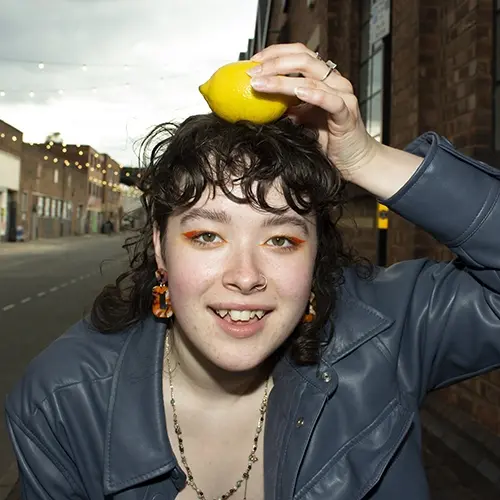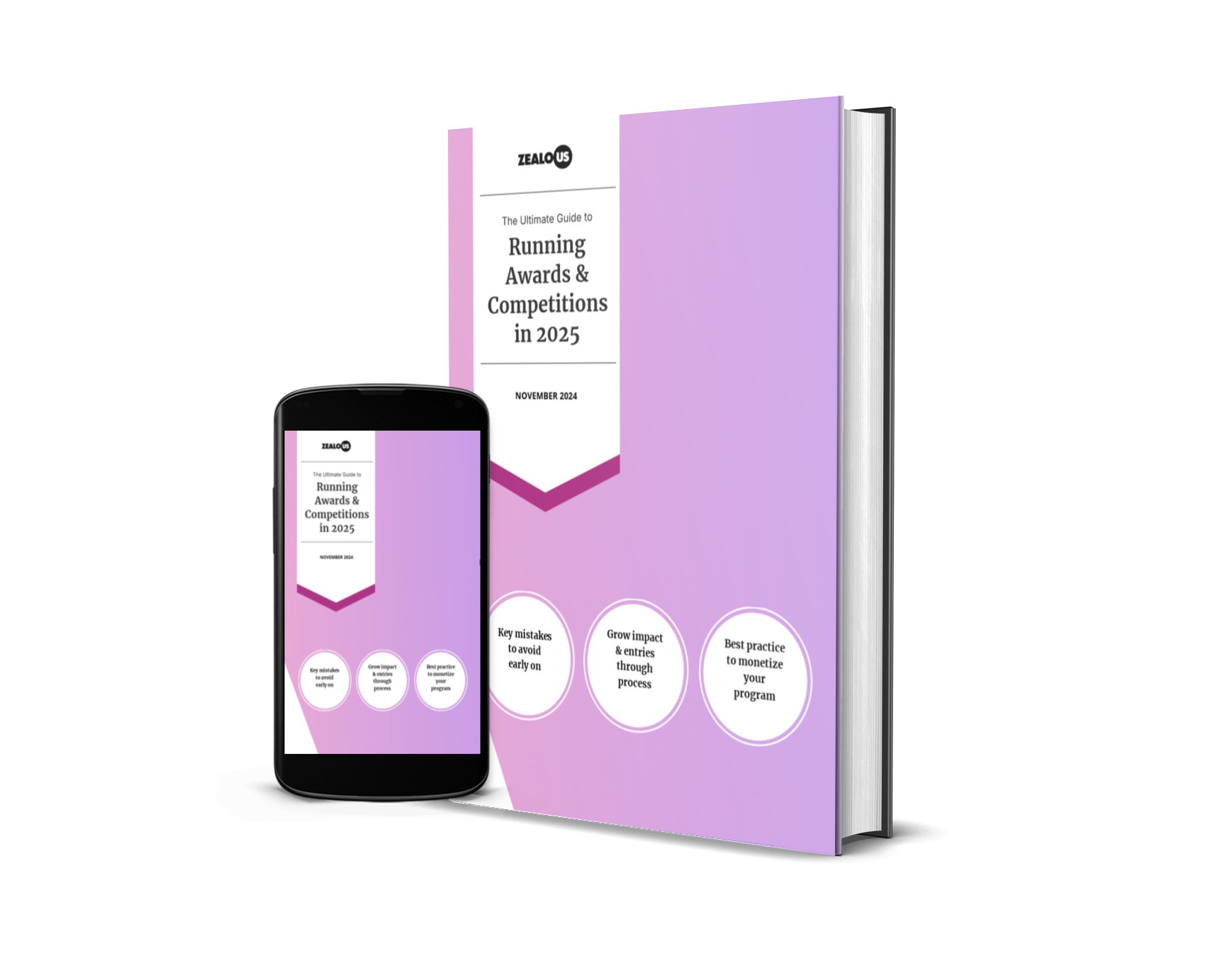Bangladesh is one of the top plastic polluted countries in the world. Bangladesh generates approximately 3000 tonnes of plastic waste per day. Most of it end up in landfills and waterbodies causing serious threats to the environment. Environmentalists say that plastic can exist in soil and water for years, as it is not biodegradable and it may turn into leachate, get mixed with food chains and enter the human body. Mitahail’s photographic series demonstrates our relationship to the environment.
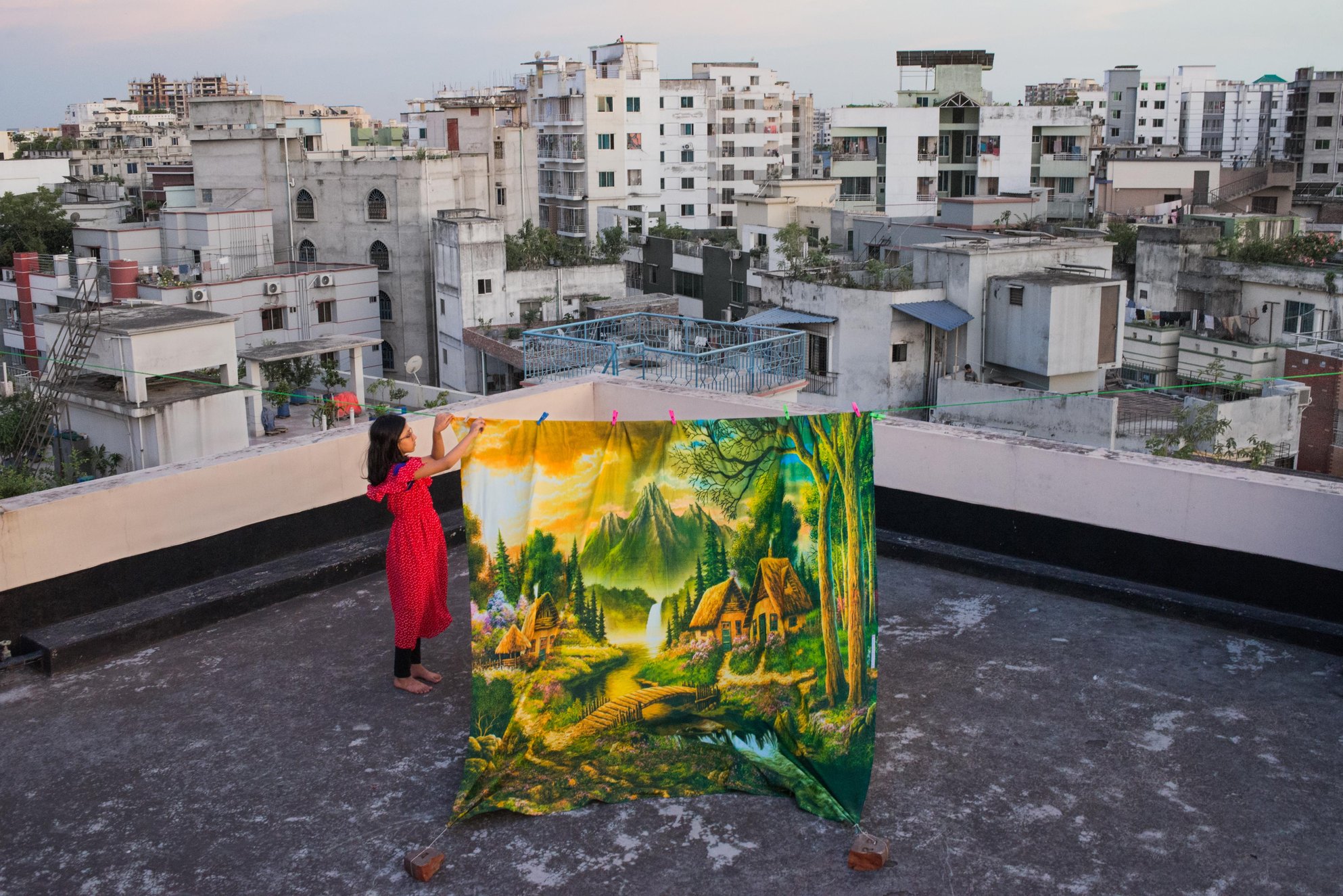
Congratulations on coming third place for Zealous Amplify: Environment! Your work is very focused on photography. How did you get into working in this medium?
I was born in Khulna, Bangladesh. From my childhood I was raised surrounded by people, their lifestyle, culture, emotion, activities. I think these are the main factors which led me into photography I was able to document people and their life.
Your winning project ‘The Earth is our home’ explores our relationship with the Earth and the damage we have done to it. Do you think there is any way to reverse the damage?
I think we can do this by elimination of methane emissions, using less energy, and planting more trees.
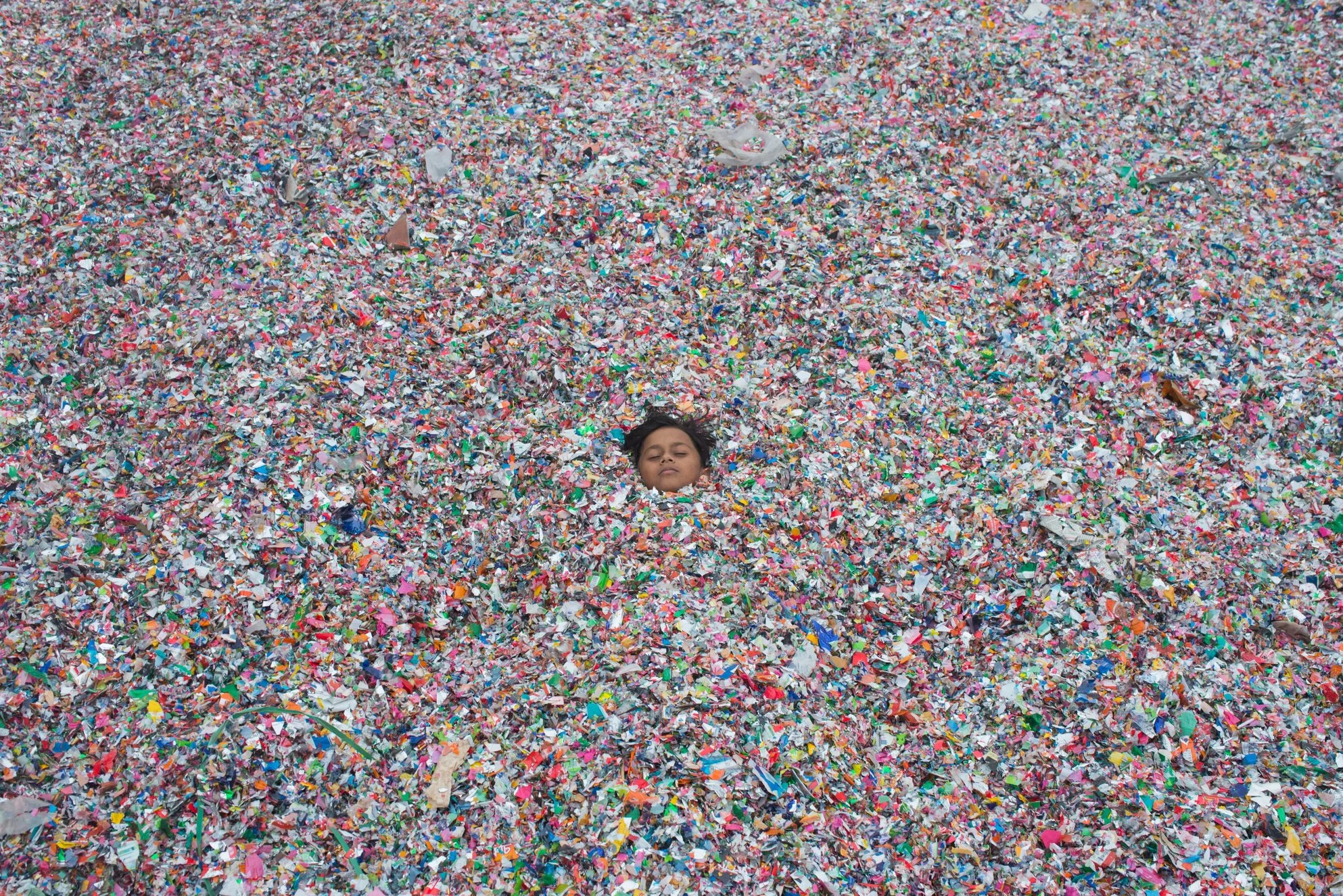
Your work is very striking, particularly the young person lying in the pile of rubbish in ‘Human & Plastic’. What is the story behind this image?
I was moving around for some photos that afternoon at Kamrangirchar, Dhaka, Bangladesh. In a local plastic recycling company I saw the children playing with the plastic. When I took the photo I found the present condition of plastic impact on human civilization in a metaphoric manner.
A particularly interesting story you told through your work is that of Sulaiman, a plastic collector living at Ashulia Bazaar, Dhaka, Bangladesh. Do you see your work as a way of telling stories?
Yes! Usually I try to tell a story through my every photograph because I think this is the easiest way to reach mass people.
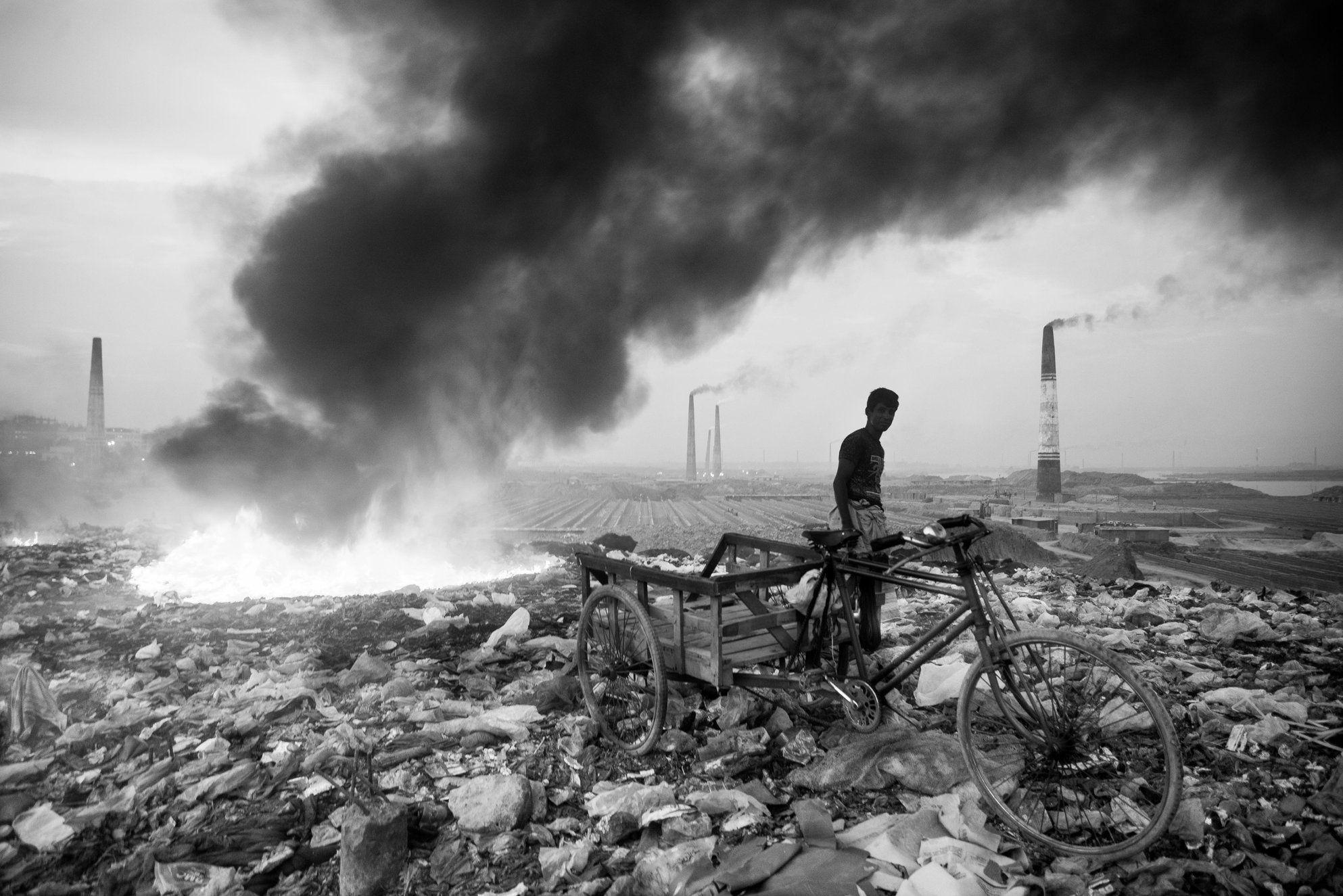
“Sulaiman (47 ) is a plastic collector living at Ashulia Bazaar, Dhaka, Bangladesh. Everyday he looks for plastic bottles and plastic goods in waste dumping yard at Ashulia area. He sells the plastic items in recycle factories. Though Sulaiman only knows these supports his family expenses, he is also a climate hero who is contributing in sustainable living and recycling product.”
Is there anything you are currently working on?
I am currently working on a project called “Urban biodiversity”.
What is your top sustainability tip you would like to share?
Sustainable city or green city
You can find more of Mithail’s work on his Instagram.
Want us to write more content like this? Give it a like
Share
Authors
